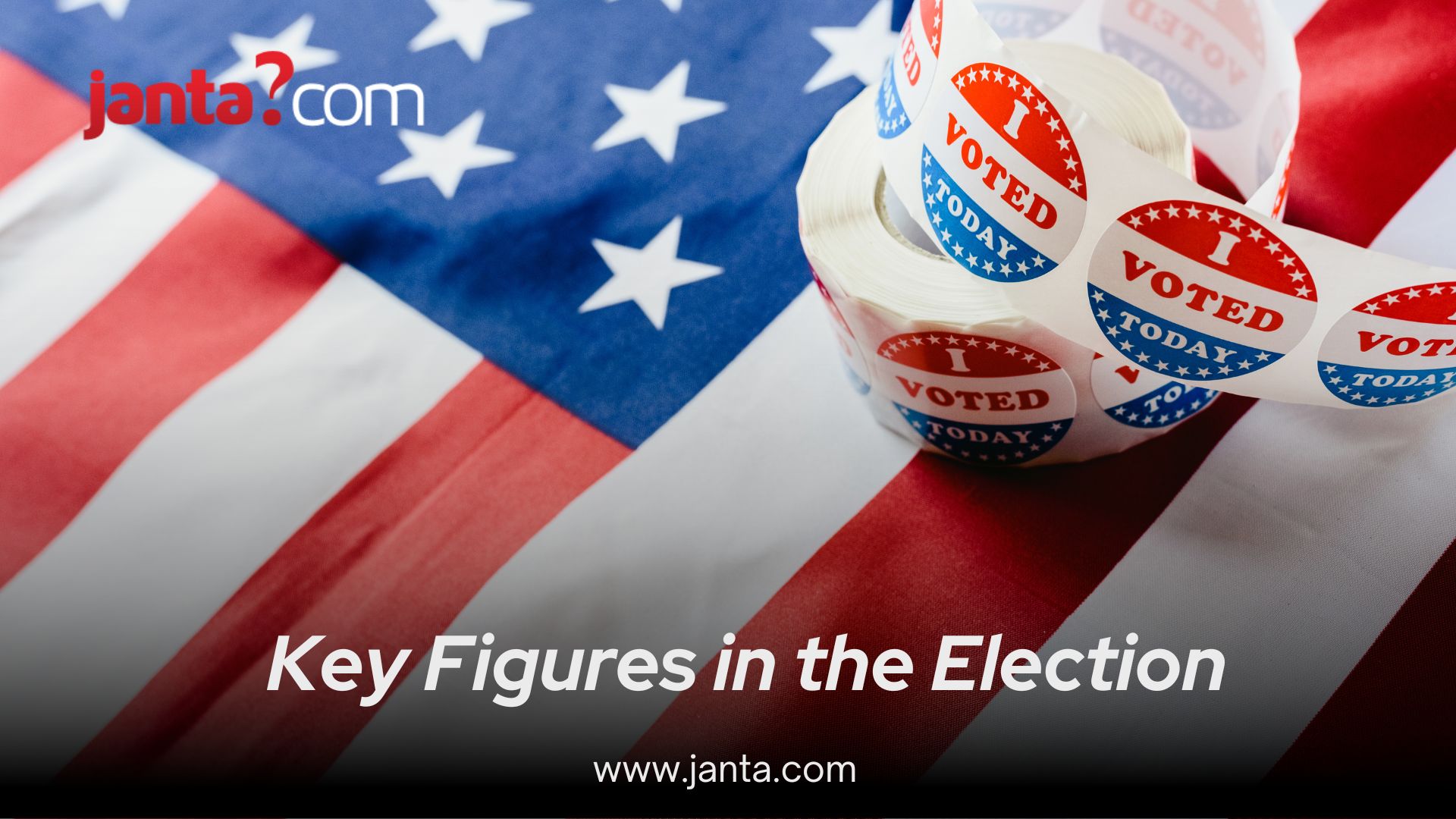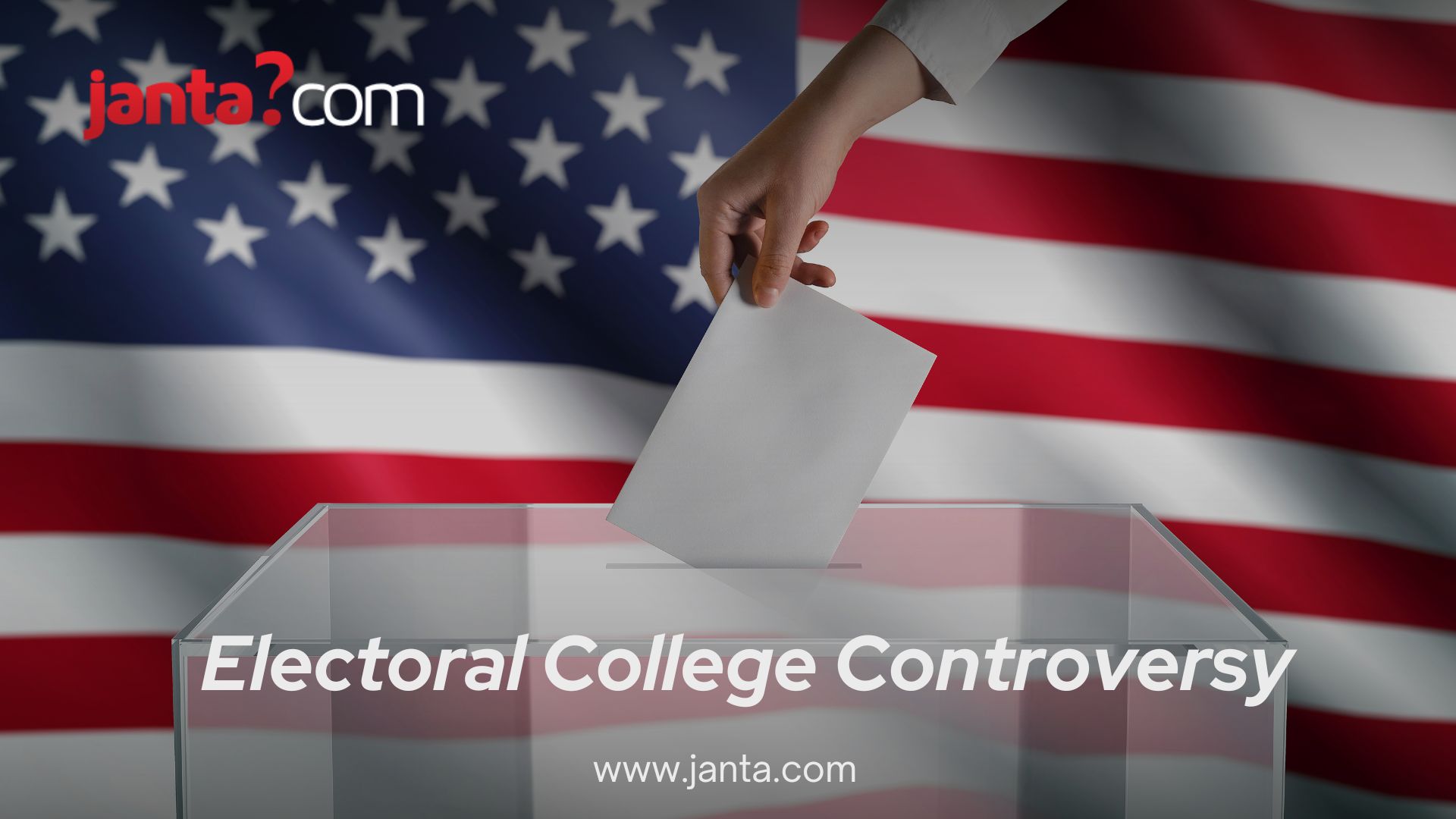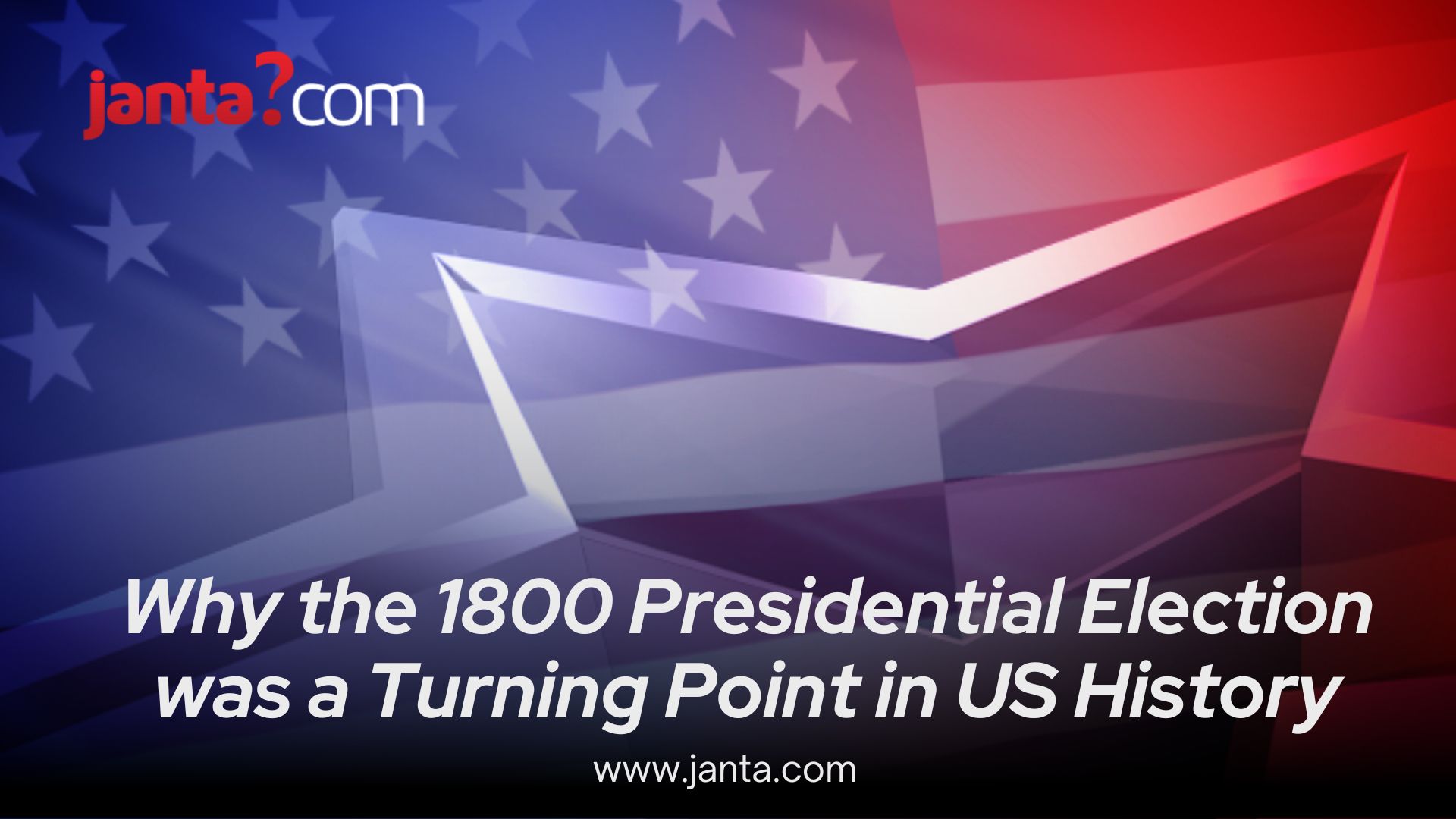The 1800 Presidential Election, often called the "Revolution of 1800," was a landmark event in American history. It marked the first peaceful transfer of power between rival political factions, setting a crucial precedent for democratic governance.
Early U.S. Political Landscape
Before the 1800 election, the U.S. was a young nation with a developing political scene. Two main factions had emerged: the Federalists and the Democratic-Republicans. The Federalists, led by John Adams and Alexander Hamilton, supported a strong central government and close ties with Britain. In contrast, Thomas Jefferson and James Madison of the Democratic-Republicans advocated for states' rights and a more agrarian economy, with a foreign policy favoring revolutionary France.

Key Figures in the Election
The election featured prominent figures shaping the early republic:
- John Adams: The incumbent President and Federalist, faced opposition due to his policies, including the controversial Alien and Sedition Acts.
- Thomas Jefferson: The Vice President and Democratic-Republican leader, whose vision of a republic of small farmers and limited government resonated with many voters
- Alexander Hamilton: Though a Federalist, his conflicts with Adams contributed to the party’s fragmentation.
- Aaron Burr : Jefferson's running mate, who became a significant figure due to an unexpected twist in the electoral process.

The Election Process
The 1800 election was one of the first highly organized and partisan campaigns in American history. Both parties used aggressive tactics, including newspapers and pamphlets with intense rhetoric. The Federalists portrayed Jefferson as an extremist, while the Democratic-Republicans criticized Adams as a monarchist.
Electoral College Controversy
The election resulted in a tie between Jefferson and Burr, each receiving 73 electoral votes. This deadlock was resolved in the House of Representatives, where Federalists held sway. The situation, complicated by Hamilton’s opposition to Burr, led to a protracted battle. On the 36th ballot, Jefferson was elected President, and Burr became Vice President. This crisis exposed flaws in the electoral process and highlighted the need for reform.
The Significance of the Election Outcome
The 1800 election's peaceful transfer of power was a historic achievement, demonstrating that government control could change hands through democratic means rather than conflict. This set a significant precedent for the U.S. and other nations, reinforcing that political power comes from the people.
The 12th Amendment
The tie between Jefferson and Burr revealed the electoral system's shortcomings. The 12th Amendment, ratified in 1804, addressed these issues by requiring separate ballots for President and Vice President, thus reducing the chance of future ties and clarifying the electoral process.
Long-Term Impact on U.S. Democracy
The 1800 election confirmed that the U.S. political system could handle intense partisan conflict and still function effectively. It also expanded political participation, with campaigns engaging more voters.
Influence on Future Elections
This election set important precedents for presidential campaigns, emphasizing the role of party organization, voter mobilization, and public opinion. It also highlighted the need for clear mechanisms to resolve electoral disputes.
Conclusion
The 1800 Presidential Election was a pivotal moment in U.S. history, showcasing the resilience of democratic institutions and setting the stage for future electoral reforms. Its legacy continues to influence American politics, underscoring the importance of democratic processes and their challenges.
For more insights into American democracy, follow Janta for the latest updates.
